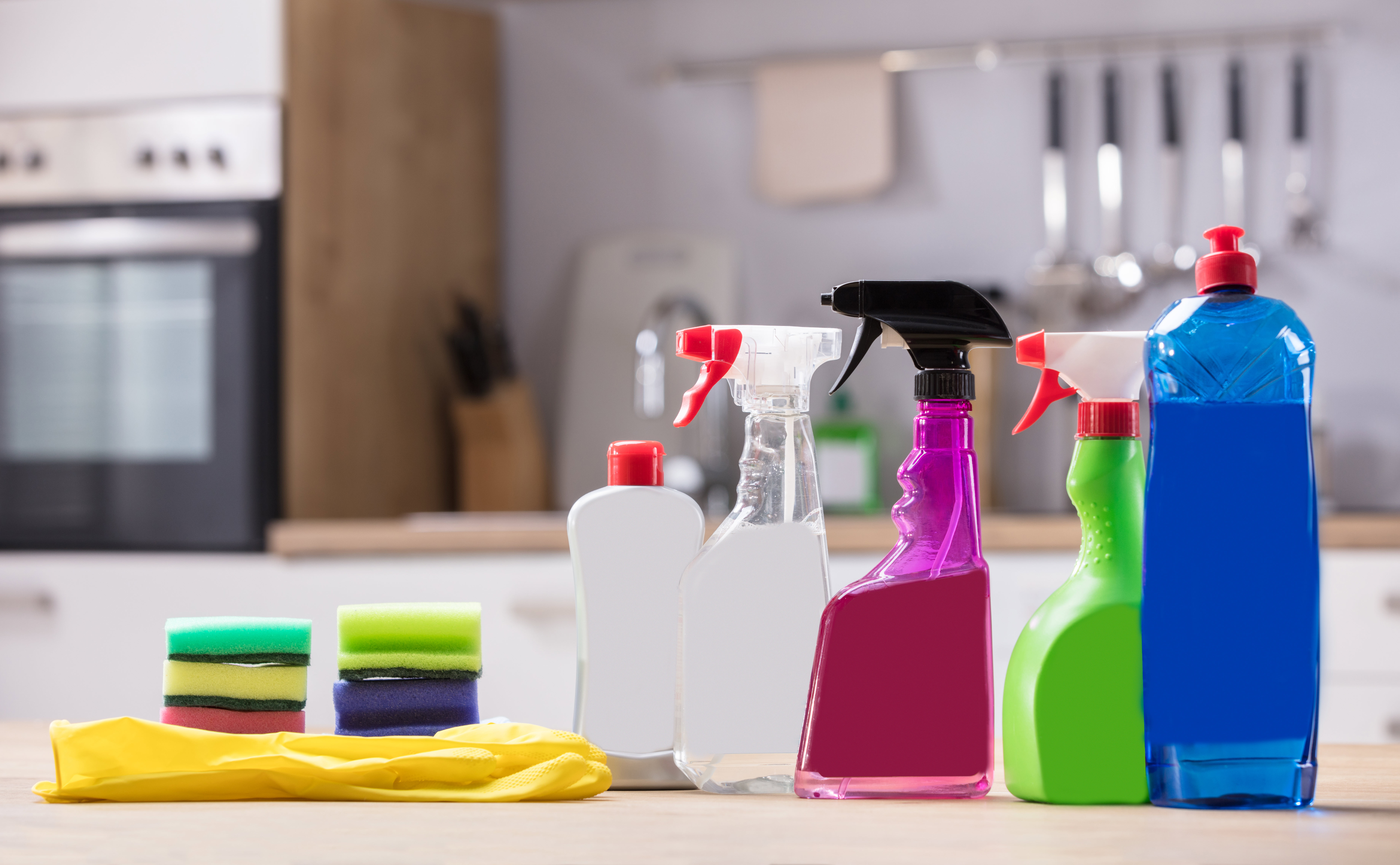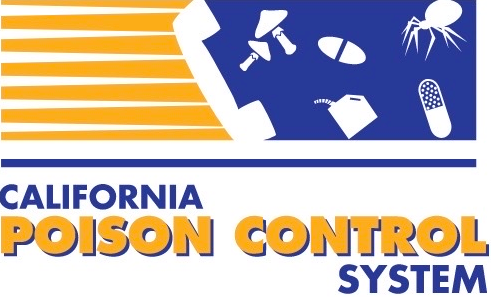Some of the most common household products can be very hazardous. Household products can include, but are not limited to, cleaning substances, personal care products, laundry products, garden supplies, automotive products, and toys. They can come in many different shapes, sizes, and colors. They are often packaged with bright colors, interesting containers, or interesting smells, which could attract adults and children.

Safety tips
Follow the prevention tips below to practice household product poison safety.
Cleaning product safety
Cleaning products can be a major source of poisoning or harm in the home. They often have tempting colors and shapes, come in pretty packaging, and have nice scents. This can cause children and adults to mistake them for food and drinks. They can be harmful if they get onto your skin, in your eyes, or are swallowed. Some cleaning products can make adults and children sick within minutes, and can even be deadly.
Practice cleaning product safety by:
- Following label instructions when using cleaning products
- Using safety equipment, like glasses, gloves, and masks when using cleaning products
- Making sure to ventilate the area you are using cleaning products in by opening a door or window, and using an exhaust fan
- Storing cleaning products out of sight and reach from children
- Not storing cleaning products where children can reach them, such as under the sink
- Always storing cleaning products in their original packaging, and never putting cleaning products into food or beverage containers
- Always watching small children when cleaning products are out and being used
- Not mixing cleaners
- Using one cleaning product at a time
- Using only a dime-sized amount of hand sanitizer on the skin and supervising young children when they use hand sanitizer
- Calling Poison Control if any cleaning product splashes in your eyes, splashes on your skin, if you breathe in the fumes, or swallow it
Personal care product safety
Personal care products can include, but are not limited to sunscreen, shampoo, eyedrops, hair-care products, cosmetics, deodorants/antiperspirants, and perfumes/colognes. They should not be swallowed.
Practice personal care product safety by:
- Storing personal care products out of sight and reach of children
- Not storing personal care products where children can reach them, such as under the sink
- Never leaving personal care products out unattended.
- Always returning personal care products to a proper storage place when done
- Supervising young children if they use personal care products
- Storing personal care products in the original packaging
- Keeping eye drops out of reach from children—if swallowed, they can cause serious illness such as breathing problems, seizures, and unconsciousness
- Calling Poison Control immediately if personal care products are swallowed—do not induce vomiting
Laundry pod safety
Laundry pods are an easy way for children to get serious toxic exposures. They have vibrant colors and children may mistake them as a toy or candy. They are easy to tear open. If a child puts them in their mouth and the detergent splashes in their mouth, this could be a serious toxic exposure that could require an ER visit or hospitalization.
Practice laundry pod safety by:
- Keeping laundry pods out of sight and out of reach of children
- Storing laundry pods in their original containers
Automotive product safety
Automotive products such as windshield washer fluid and antifreeze can be sources of poisoning. Windshield washer fluid solution contains a chemical called methanol. If swallowed, methanol can cause kidney failure, blindness, or even death. Antifreeze is also dangerous to swallow. Several hours after swallowing antifreeze, a person may appear to be fine but their body is actually breaking down the antifreeze into toxic substances that could harm the body, such as the nervous system and kidneys.
Practice automotive product safety by:
- Keeping automotive products in their original packaging
- It may seem convenient to keep a small amount in another container but if stored in food or beverage containers, they could be easily mistaken and ingested
- Some products are so toxic that swallowing small amounts may cause serious harm or death
- Keeping children away from automotive products
- Locking automotive products out of sight and reach of children and pets
- Closing the caps of automotive products tightly after use
- Cleaning up any spills or leaks immediately
- Locking windshield wiper fluid it in the trunk if you travel with it in winter weather
- Calling Poison Control immediately if you or someone you know has swallowed antifreeze, especially before symptoms develop



